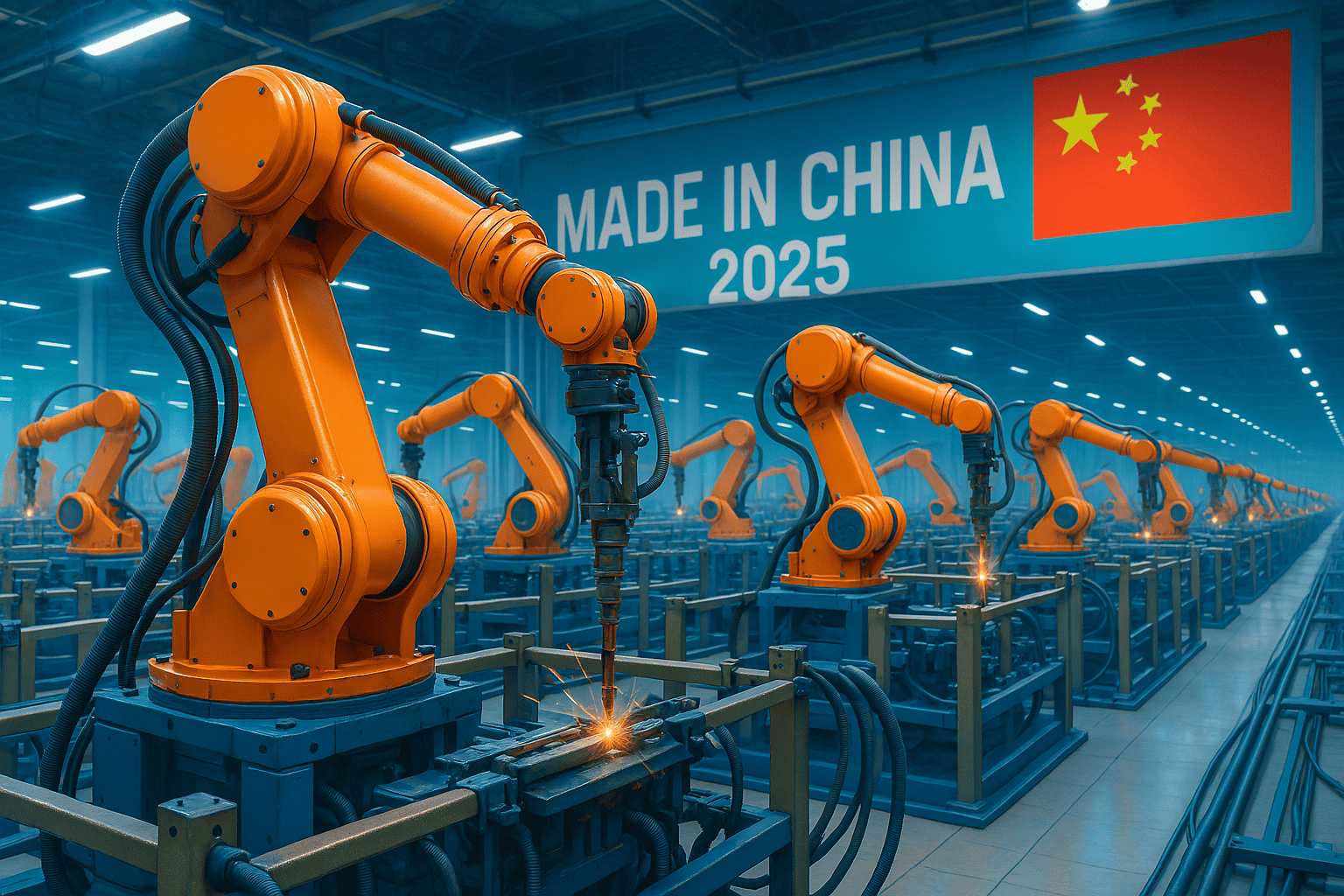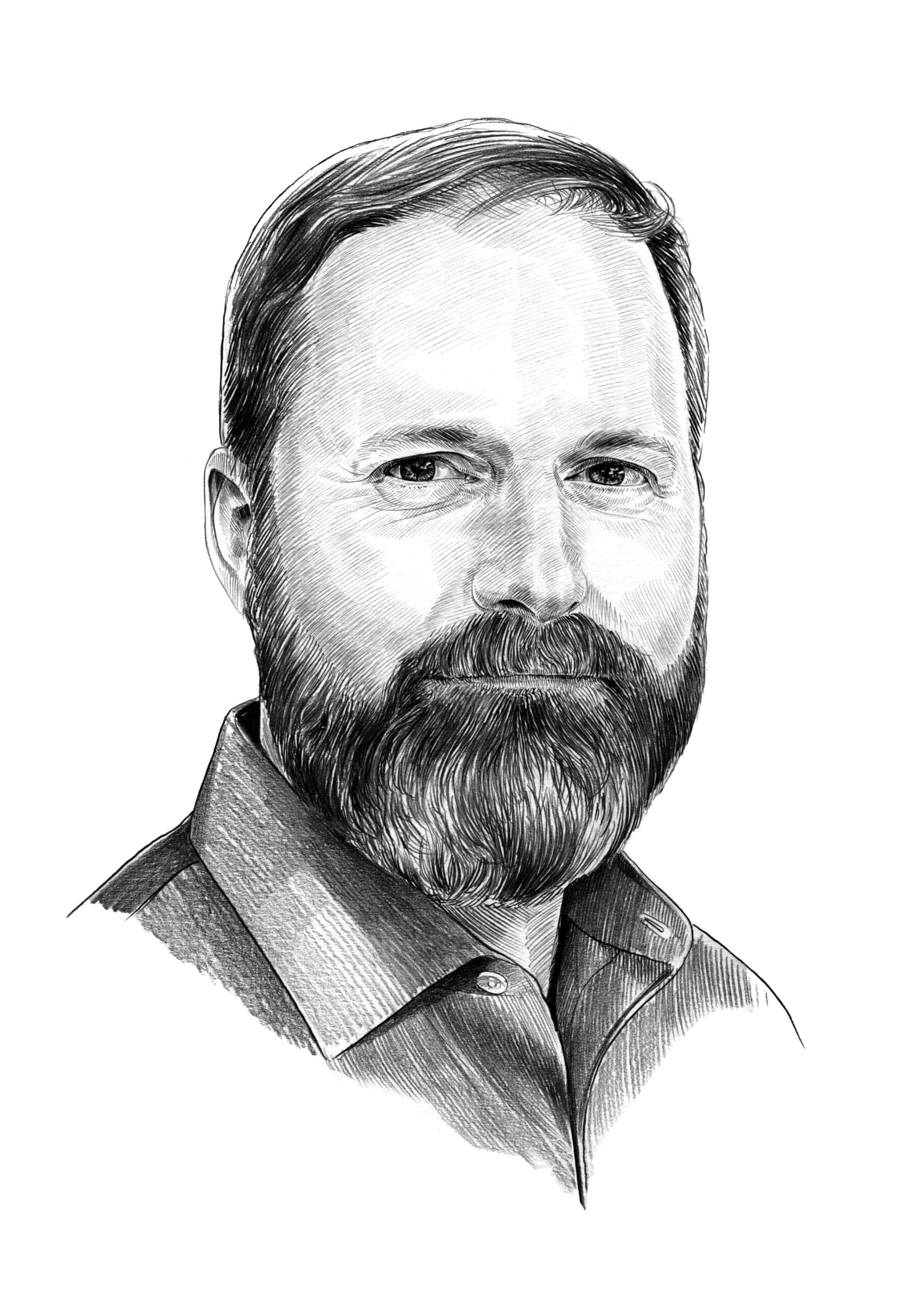Daniel A. Bell — a student of Confucius, dean of the School of Political Science and Public Administration at Shandong University and a professor at Tsinghua University in Beijing — has long argued that the “China Model” is a morally legitimate alternative to Western democratic systems and the “one person, one vote” standard. In essays and op-eds in The New York Times, The Financial Times, and also in his new book, Just Hierarchies (Princeton University Press), he argues that the ret



